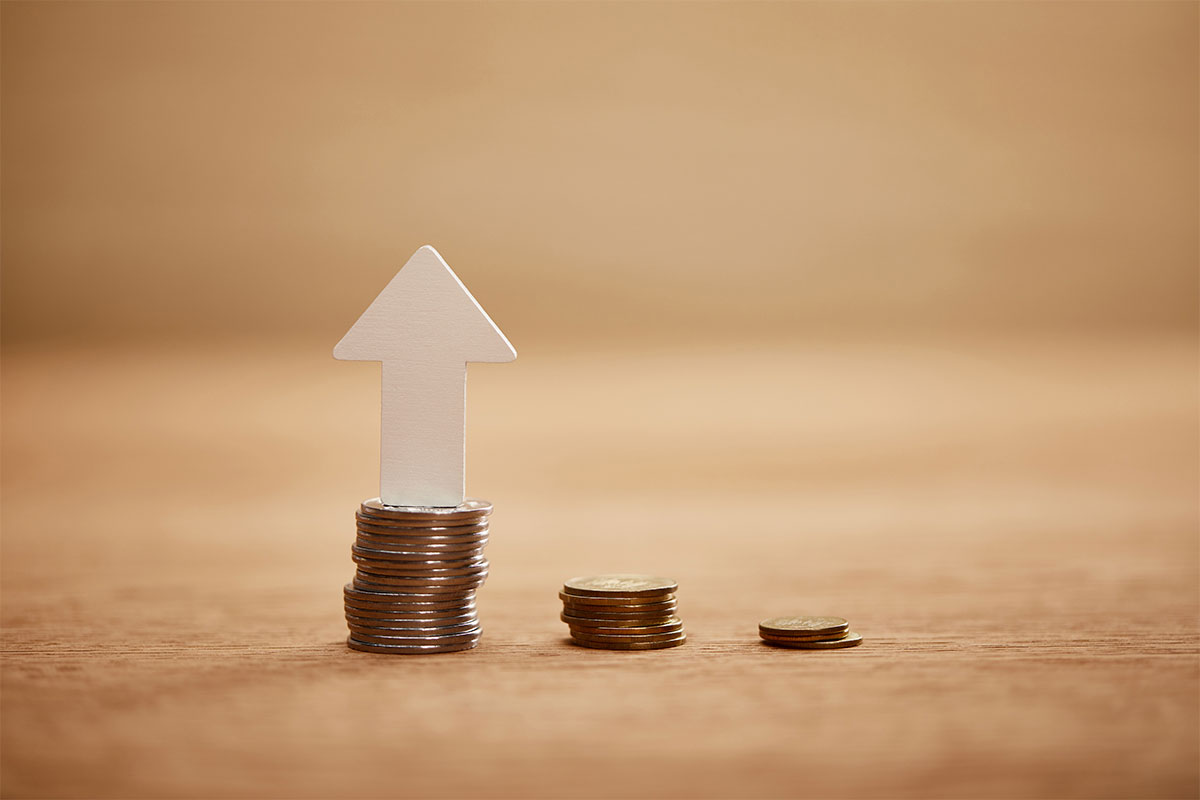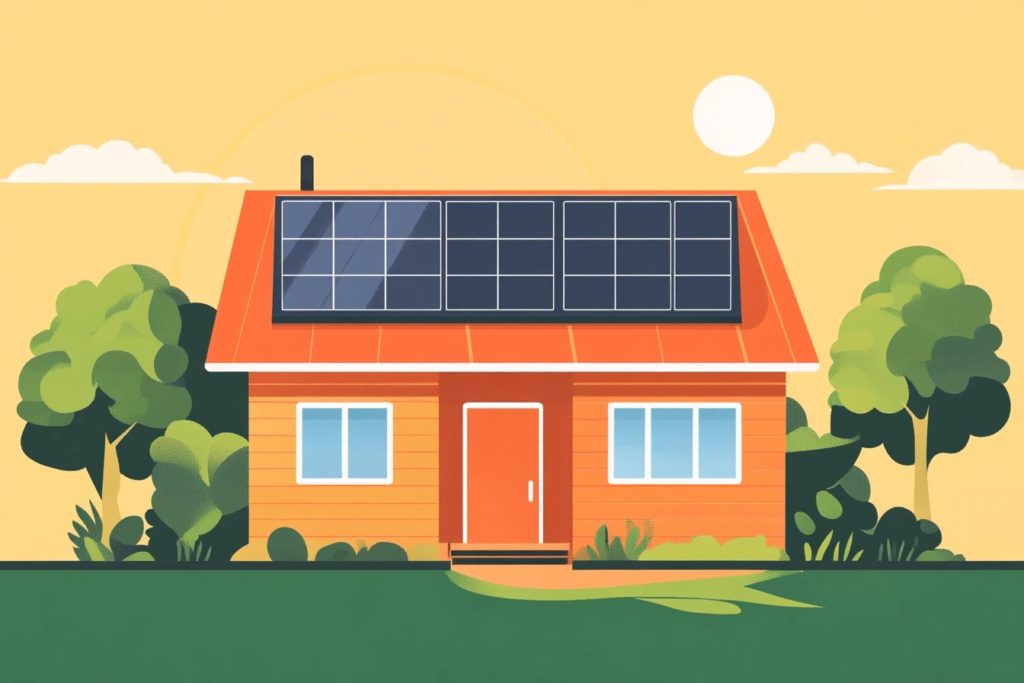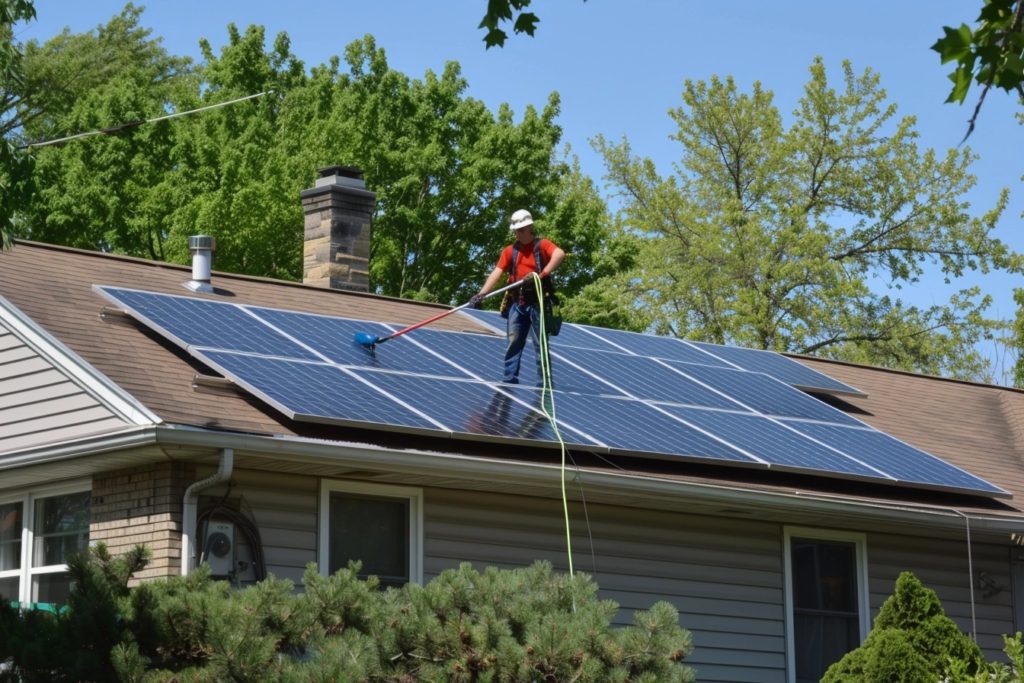
You’ve probably heard the sales pitch a million times: “Solar panels for your home can save you thousands compared to paying your utility bill!” In reality, there’s quite a bit of nuance involved when determining whether you should install a home solar power system. With that in mind, let’s take a deep dive into the different factors you need to consider when you’re thinking about taking the leap into residential solar power.
How Much Are You Currently Paying for Electricity?
The first aspect you need to consider is how much you’re currently paying for electricity. Depending on where you live, you might pay less than 10 cents per kilowatt-hour (kWh), or you might pay in excess of 20 cents per kWh. Obviously, how much money you stand to gain from installing solar panels is based largely on how much you’re paying for energy right now. The more expensive the rates charged by your local utility, the more money you can save with residential solar power systems.
It’s also crucial to consider how much you will be spending on solar panels for home installation. One of the main considerations in this area is how much energy your home consumes. If you have a small house, and your roof is in direct sunlight for much of the day, you can probably get away with a rather minimal setup. On the other hand, if you live in a large home — or if you don’t receive much direct sunlight — it could take a much larger solar system.
How Do You Plan to Finance Your Solar Panels?
Continuing along these lines, how you choose to finance your solar panels also matters. Buying solar panels for your home with an up-front payment will almost always provide the most significant long-term savings. Solar power companies often offer solar loans, which can also provide robust savings compared to using a typical utility company for your electricity, although not to the same level as paying cash.
The other common option is a power purchase agreement (PPA), which usually does not require a down payment and includes regular maintenance. The PPA will provide the least amount of cost savings but can still save you at least 10% compared to simply paying your utility bill.
Additionally, different states have different programs available for solar incentives. 2021 was scheduled to be the final year of the federal solar investment tax credit, which allows homeowners to deduct a large percentage of their solar costs. The expiration of this program is now unknown. Because the expiration of federal programs are unknown, state solar programs are even more important. Some states, like Florida and California, have generous solar incentives that can save you a tremendous amount of money. Meanwhile, other states (for instance, Arkansas) have no solar incentives of any kind.
Solar Energy Prefers Some Climates Over Others
The climate where you install your home solar power system also plays a significant role. In general, solar panels will produce more energy when they’re located in sunny, dry climates as opposed to cloudy, wet areas. That’s why residential solar power is so popular in the American Southwest and relatively less so in the Pacific Northwest.
How Long Does It Take For a Solar Install to Pay For Itself?
The vast majority of residential solar power installations pay for themselves over time, but how long does that take? The answer to this question has quite a bit of nuance, as it varies depending on the frequency of direct sunlight, the cost of electricity from utility companies, and the available solar incentives. For the most part, a typical American homeowner’s home solar power system will likely pay for itself within about a decade.
When you consider that the typical solar panels for home installation last 25-30 years, it’s clear that you can save a significant sum by installing solar panels. The best solar panels for home systems can last even longer! Once you hit the break-even point on your system, the rest of your residential solar power system’s life cycle is basically free energy.
Solar Panel Maintenance
We should probably also discuss the issue of maintenance. Thankfully, solar panels are quite simple to maintain, so this aspect shouldn’t sway your decision too much. You will occasionally need to clean dirt and debris off of your panels, and you might need to do some snow removal in the winter. Other than that, there isn’t much maintenance required for residential solar power systems.
Do solar panels increase the value of your home? For the most part, yes. According to the Office of Energy Efficiency and Renewable Energy, you can expect a typical residential solar system to add roughly $15,000 to the value of your home. However, it’s worth noting that this figure can vary considerably based on your location.
Still Have Questions?
If you have any remaining questions about whether installing solar panels for your home pays off, feel free to contact LGCY Power at your convenience. Our solar experts can help you figure out if installing solar panels for your home is a wise decision, and we can also assist you to choose the system that’s right for your home.
As you can see, there are quite a few variables involved when determining how much money you can save by installing residential solar panels. However, for most people, you will end up seeing noteworthy cost savings someday. The big variable is how long it takes for your solar system to pay for itself. In some situations, it can take as little as just a few years, but in other cases, it could take decades. Make sure you understand how these variables will affect your home before you purchase your solar panels!




